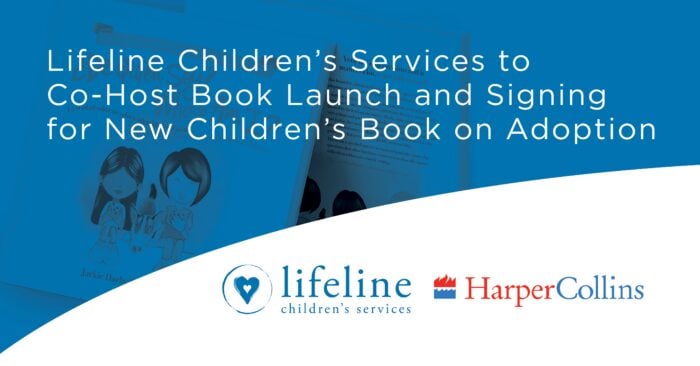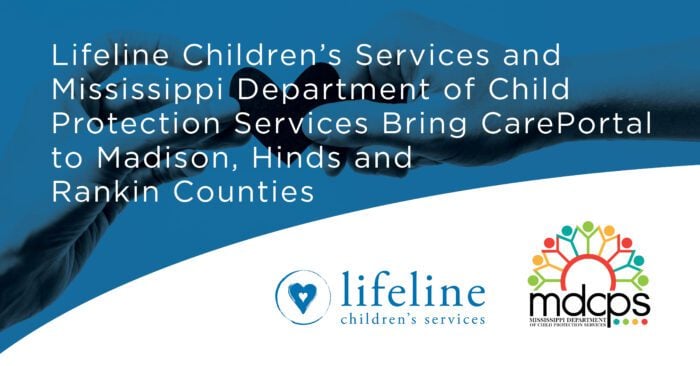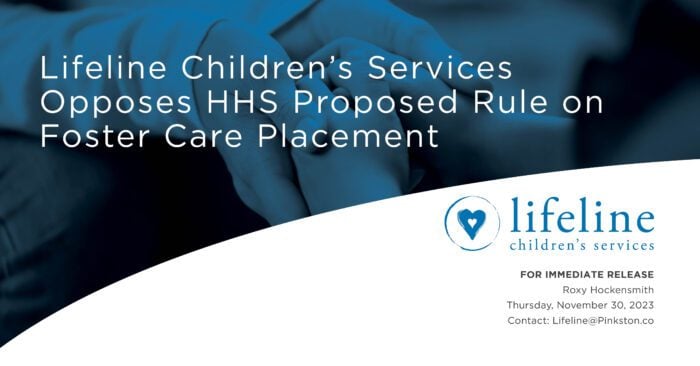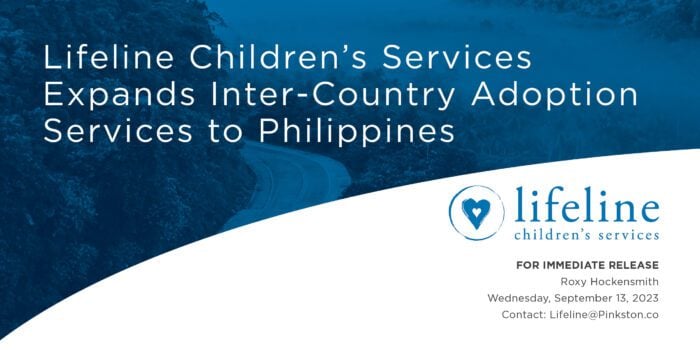

At Lifeline, we believe that God created families and designed them to be permanent. When families are separated by necessity, children need temporary families to make sure they are safe and loved. Foster Care was established as a way to help families get back on their feet when permanency is disrupted. The goal is for their family to be whole again. Therefore, if a child must be removed from his or her family, we believe it is also necessary for the foster parents to help and support getting the child back home with their family safely. To accomplish this, a healthy relationship between foster parents and birth families is of great importance.
Positive Outcomes
When foster parents intentionally create a relationship with birth parents, each person impacted by the fostering circumstances can benefit.
Benefits for the Child
Children do not stop loving their families just because they have been removed from their home. When we care for and love the child and their family, we are providing holistic care and showing the child that it is OK to love everyone involved. Children are, then, better able to let go of fear when they understand that foster parents care for their family. They can further benefit in the following ways:
- Knowing he is loved by all who care for him
- Maintaining her primary attachment to her parents
- Not being put in a position to choose sides
- Likely having a smoother adjustment back home
- Seeing a successful partnership firsthand
Benefits for the Birth Family
Furthermore, ministering to a child’s birth family helps the family feel supported as they work to get their children home. If we support the birth family, we also support the child and help him or her when it is time to return home. The family will also benefit in the following ways:
- Having a support system who can act as a source of stability
- Being prayed for by the foster family
- Having the space, support, and resources to work towards reunification.
Benefits for the Foster Family
Most foster parents have a brief time to make an impact before their children in care return home.
- Creating an opportunity for a continued presence in the life of their child. This gives the child a continued, outside, caring adult that will have the opportunity to make lasting impact on the child and be a source of support and care for the family as a whole.
- Having an opportunity to represent Jesus to the family and the child.
- Being able to model healthy parenting skills and techniques to use with children.
Beginning Steps
All relationships have a beginning point, and the same is true for relationships forged in foster care. Birth families are undergoing a challenging time in life, and you are in the middle of their children’s lives because of decisions and circumstances outside of their control. By simply being present with the birth family and introducing them, you are laying the smallest groundwork for building trust. When foster families have the first interaction, being gracious and letting the family know you are praying for them and want them to be together again will go a long ways toward opening doors for relationships. It’s as simple—and sometimes difficult—as introducing yourself, being respectful, and letting them know you are their cheerleader.
Practical Ideas
Foster parents must always remain honest with birth families and act according to their direction by social workers. As such, foster parents must never, ever make a promise about something with which they have no control or have not attained prior approval from their social workers. Generally, building relationships with families takes time to build trust, and foster parents should increase contact with the family slowly, so as not to harm the relationship by starting out “too much too soon.” Relationships with families may be unpredictable and in a state of constant change. Continually pointing them to Jesus will help them to understand His constant presence, even when circumstances change.
Here are some practical tips to slowly build relationships with birth families:
- Invite birth parents tell you about their child’s likes and dislikes, as well as some of their favorite toys, games, routines, etc.
- Speak of birth families in an honoring way to their child(ren) and intentionally honor them on special occasions such as Mother’s Day. Allow children to put a picture of their family up in their room.
- Share what is happening in the child’s life with their birth families, and bring art, report cards, pictures, or other items for the child to show their parents. Consider making a newsletter of what is going on in the child’s life.
- Ask for ways you can pray for them, and always point them back to Christ.
- Introduce mentors from local churches or other organizations, who can help provide support and resources to the family.
- Honor visits and phone calls, as laid out by fostering requirements and social workers.
- During visits, defer to the parents for caretaking and affection.
- Help the child make a gift for holidays.
- If allowed and comfortable, invite parents to events, activities, and church.
- Go to court appointments.
- Let them know you are praying for them.
Developing a healthy relationship with birth families is part of loving a child in care in a holistic fashion. If you would like more information about ministering to birth families, contact our foster care ministry team and talk with your social worker. If you are not a foster parent yet but would like to know more, you can find information here.)
If you are a church who would like to support foster families and the children in their care within your church, consider hosting Equipped to Love, which will assist volunteers and staff on how to best love foster families, who daily pour themselves out in obedience to God’s calling.




